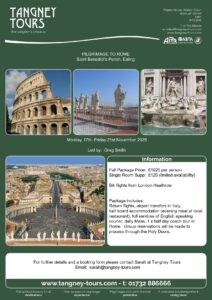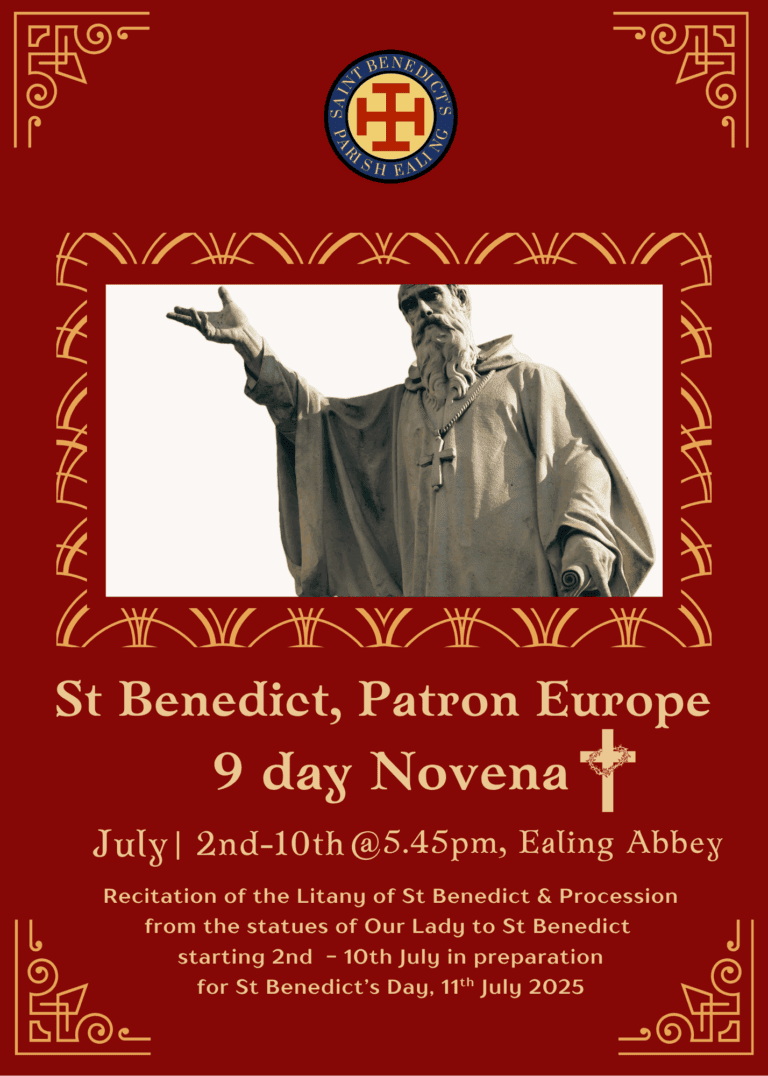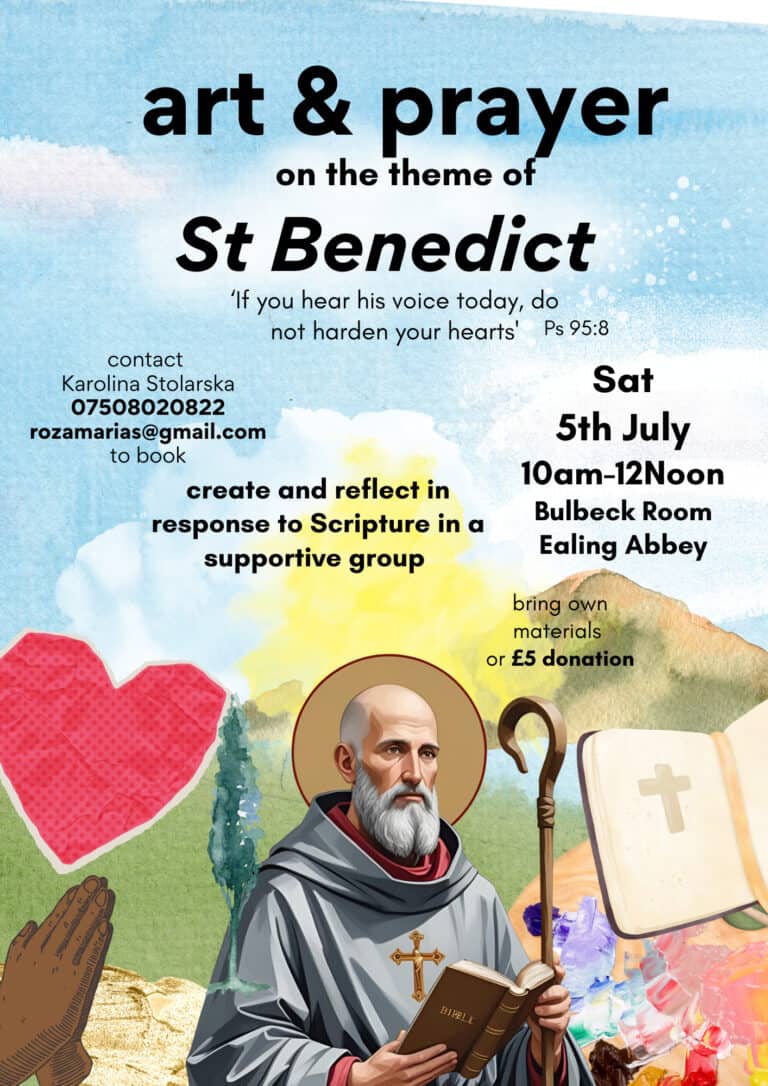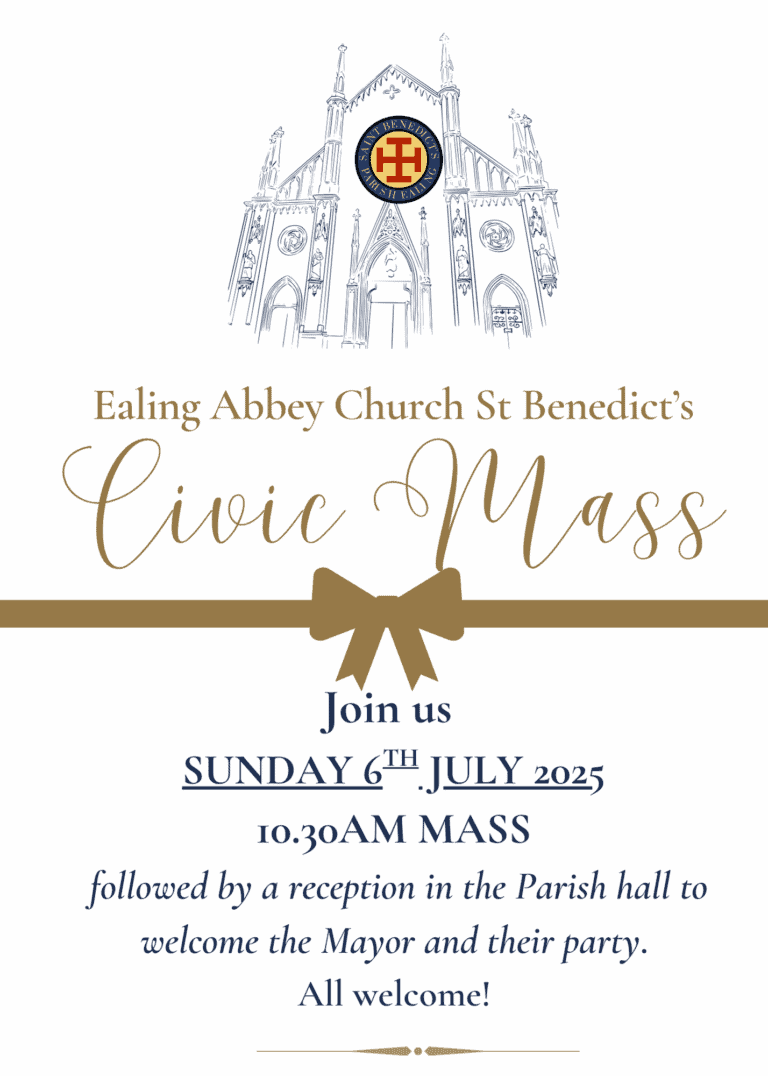Dear Parishioner,
Today, as we celebrate the great feast of the Most Holy Trinity, we delve into the Christian understanding of God, rooted in the Trinity. I would like to take this opportunity to shed some light on how the Church formed its understanding of the Trinity and explore its significance for us.
The mystery of the Most Holy Trinity, a fundamental doctrine of our Faith, finds its basis in the Gospels and the discussions that took place during the Councils of Nicaea in 325 and Constantinople in 381. These Councils were convened to address the contentious debates surrounding the equality between the Father, Son, and Holy Spirit.
When we are baptised, we are baptised in the name of the Father, the Son, and the Holy Spirit, acknowledging the three distinct persons in one God who all share the same divine nature. The gospels offer glimpses into the unity of these three real persons, although not explicitly explained. Certain passages, however, contribute to our understanding. At the Annunciation, we witness God the Father sending down His Angel to Mary, God the Holy Spirit overshadowing her, and God the Son becoming incarnate within her womb. During the baptism of Jesus, as Jesus, the Son, receives baptism from John, the Father’s voice is heard, and the Holy Spirit appears as a dove.
With these reflections in mind, it is important to acknowledge that the Trinity is a Mystery. This does not mean that we are completely unaware or ignorant of it, but rather that our comprehension is limited—it surpasses our full understanding.
A renowned depiction of the Blessed Trinity is found in a famous Russian Orthodox icon painted by Andrei Rublev, widely regarded as one of the greatest medieval Russian painters of Orthodox icons. This icon captures a vital message about our relationship with the Trinity.
The painting portrays the three divine persons seated at a table with a dish of food—a divine banquet prepared to be shared. What captures our attention is the space in front of the bowl, perhaps symbolizing our invitation to partake in the wondrous life of the Trinity.
The Trinity lies at the core of our lives as Christians, and we must remain receptive to its presence. We are not only part of God’s family but also His children. This is the mystery of God’s love, as we read in today’s Gospel: “God loved the world so much that he gave his only son so that everyone who believes in him may not be lost but may have eternal life.” In response, let us strive to embody what St. Paul urges in his letter to the Corinthians: to pursue perfection, assist one another, and live united in peace, allowing the God of love and peace to dwell among us.
The Father, Son, and Holy Spirit are not distant entities but our intimate companions with whom we can converse through prayer. Today, we come together at this banquet to receive the Body and Blood of Christ, nourishment for our souls. Furthermore, God has prepared a place for us at the eternal banquet of life.
So, today we pray to the Father, the creator who sustained the world, to the Son, our saviour who reconciles us from our sins, and to the Holy Spirit, who heals our wounds and inspires us towards new beginnings.
May the celebration of the Most Holy Trinity deepen our understanding of God’s love and nurture our connection with the Divine.




